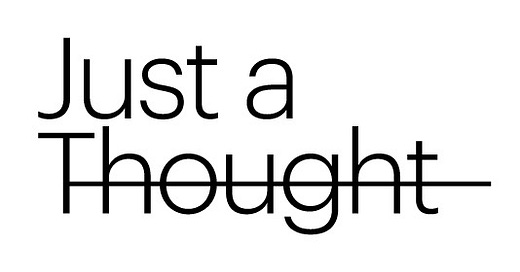I’m a loser.
I know, it’s a tough way to start out, but it’s true. (And please believe me that this is not some false humility plea for sympathy.)
A couple weeks ago, I competed in a jiu jitsu tournament. And I lost.
Twice.
By submission (a.k.a. I tapped out).
It wasn’t for lack of trying. I put in extra time training to prepare. I did all the visualizations and mental motivation tricks. I thought about the competition constantly. (The fact that I had to cut a fair amount of weight contributed to the “always on my mind” approach. Since I was constantly thinking about eating—or more specifically, what I wasn’t eating—I was continually aware of the reason I was making those sacrifices.)
I really wanted to win. This was my third competition. And I’d lost all my previous matches as well. In my previous competition, I’d had to go up in weight and down in age (no one else signed up in my age division). So I’d done a halfway decent job of convincing myself that my chances were better going into this one since I’d be facing a more apples-to-apples opponent.
And I lost.
Afterwards, my friends and family were all incredibly supportive. There was lots of talk about how few people my age even participate in an activity as challenging as jiu jitsu and how the subset of people who actually compete is even smaller still. This is all true. And there is consolation in that. But if I accept these as facts, I also have to accept another fact: I lost.
That’s one of the most compelling things about sports. There’s no grey area in the results. You win or you lose. Sure, you can reframe that to, “you win or you learn,” but that doesn’t mean you didn’t lose.
While that might seem harsh, there’s also a beauty in it. There’s so few parts of life that are so clean. Your KPI at work is largely made up. There’s no “G-d metric” for how good of a job you do raising your kids. But when it comes to one team scoring more points than another team, there’s no such ambiguity.
If I’m being honest, the most important reason I wanted to win this last tournament is that it would give me permission to be done. I could tell myself, “You’ve won a competition in your 40s, it can be a wrap.”
I can’t do that now. There’s no permission to be done. But maybe that’s a good thing. It might even—eventually—become a winning formula.
I became acquainted with Lee Glandorf when she was working on communications/PR for Tracksmith in its early days and I was covering gear for various publications. I found her (somewhat) new Substack to be a well written and reported (the second part is missing in a lot of newsletters IMO) mix of sports, design, and fashion. I’ve unsubscribed from most of the Substacks I’ve signed up for. This is one I’m excited for each time it arrives in the inbox. —Justin
Small Mercies, by Dennis Lehane
Any novel that I read in a week is definitely getting included in my recs. While I was familiar with the movie adaptations of Lehane’s work (Mystic River, Gone Baby Gone), I hadn’t actually read him. I’m glad I have now. This is a tight, visceral story of a mother fighting for her daughter in Boston during the crisis that arose during the city’s integration of its schools. It’s hard to not see this getting turned into a movie, too. —Justin
Bright Lights, Big City, by Jay McInerney
I heard an interview with Jay and thought my proverbial bookshelf was missing this kind of male voice. At the time, I was reading Your Table is Ready, which happens to mention this book as an inspiration for a great NYC novel. A sign perhaps. Two words to describe this book, stolen from a popular Goodreads review: humor and empathy. Two more from my own: funny and timeless. I remain a sucker for second person writing. —Andrew






